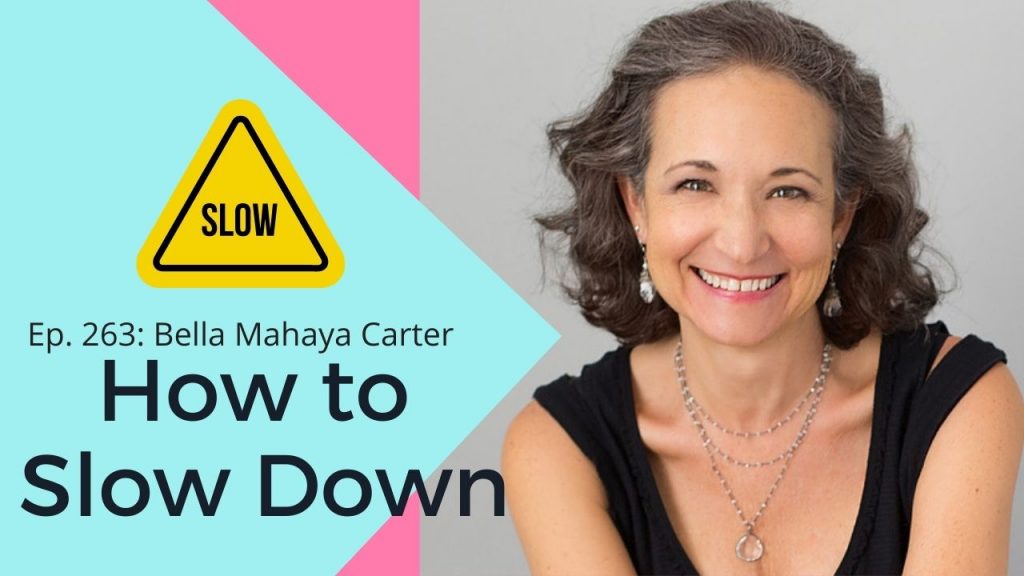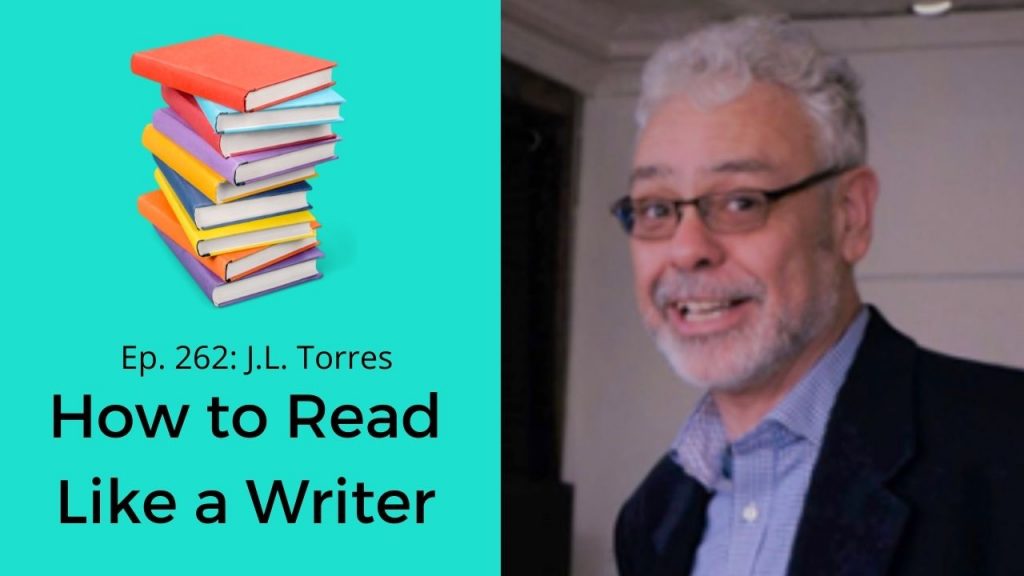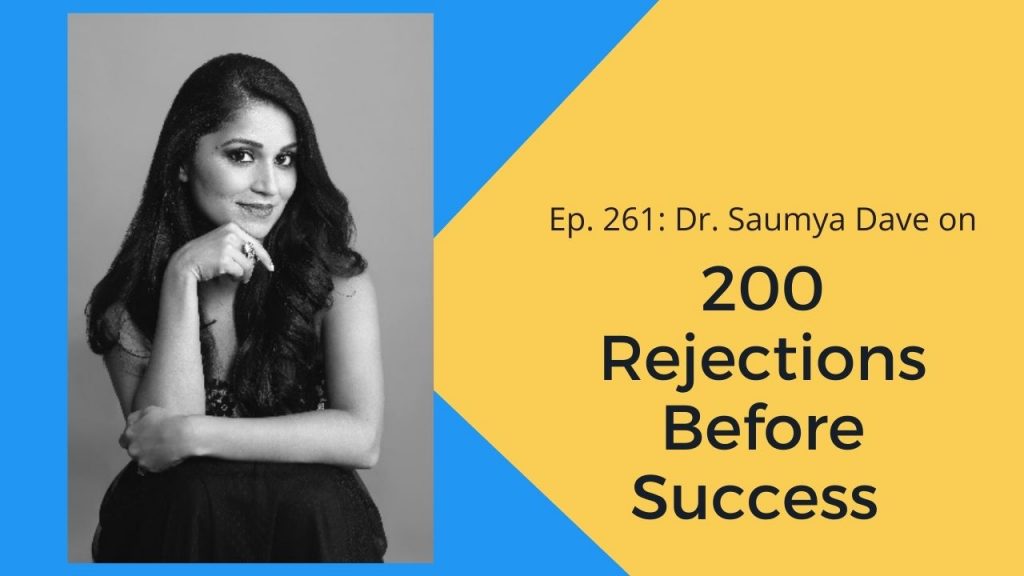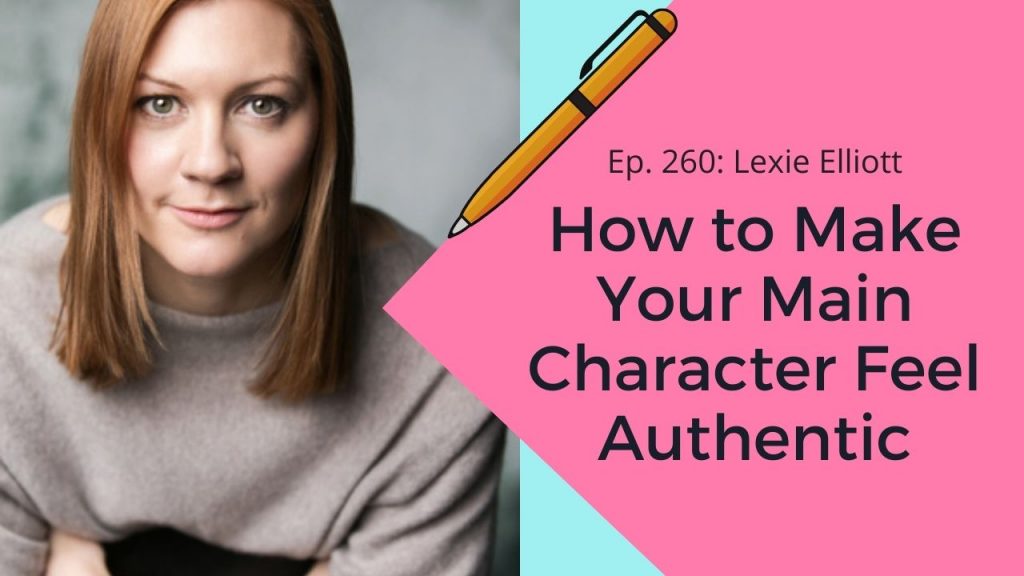Cecilia Gray writes about first love, second chances, and forever friendships. She has written over twenty young-adult and romance titles. That Was Then, a pandemic midlife reboot tale, is her first contemporary mainstream novel. Cecilia used the pandemic for a midlife reboot of her own and is currently slow traveling the world with her two cats. You can read more about her work at ceciliagray.com.

Transcript:
[00:00:00] Rachael Herron: Welcome to “How do you Write?” I’m your host, Rachael Herron. On this podcast, I talk to authors about how they write, what their process is and how their lives fit together. I’ll keep each episode short so you can get back to writing. [00:00:16] Well, Hello writers! Welcome to episode # 265 of “How do you Write?” I’m Rachael Herron. Today, I’m talking with the marvelous Cecilia Gray, who is a friend of mine. She is a good friend of mine. And she is so awesome that I honestly based one of my main characters on her once, the main character of Cora’s Heart is based on her. I wonder if she remembers that, probably not. She’s unique, an individual, and a powerhouse, and a talent that is unstoppable. And it was so fun to talk to her about what it is like writing about a pandemic and some of you have come to me and ask this question. Should I be writing about this? Should I not be? So, it was really fun to talk to her about that. I know you’re going to enjoy. What has been going on around here, just work, honestly, just work. If you watch on the YouTube, you can still see that I am in the school house, still here until November 1st. I am recording this on October 22nd. So we’ve got about 10 more, I don’t, can’t do the math, nine more days and then we move into our home and that’s going to be really, really exciting. So I can’t wait for that. [00:01:27] But while I am waiting for that, I am just editing books one through three of the five book romance series that I got back the rights for, books four and five are already up. Books one through three, I am going over again and I tell you, it continues to be incredibly frustrating and also pretty fun because I had forgotten how fun these books are. There are some really fun bits. There are some bits that are just delightful to go through. And also it is very satisfying to bring sentences up to a level that I am happy with. They didn’t all suck, but some of them could be stronger. And so those have been fun to fix. I actually did find a proofer who’s going to go over them. Thank God. I was going to, as I said, last week, I was going to upload them in a hurry and then fix them with a copy edited version later, still going to do that. But I have a reader with an excellent eye who’s going to give them a once over proof before the copy edit, which is absolutely backwards and you shouldn’t do that, but that’s how I’m doing this, this time. So that’s making me feel a little bit better. What else has been happening? I have been working a lot on that a lot, a lot. It’s taking a lot of hours, but then it will be done. And it will be off my plate. And I think I mentioned this last week. That’s great because I could procrastinate the whole Parkinson’s law where things expand to fill the time allotted if I gave myself a month and I could take a month on each book. If I gave myself four days, which is basically what I’ve been giving myself, it can be done in four days. It’s just a lot of work. So I’m doing that. [00:03:36] My 90 days to-done and 90-day revision classes are brilliant. They are filled with the most wonderful people doing an intensely amazing job at writing their books or finishing and revising their books. And I am so proud of them and I’m just so pleased. I don’t talk about them very much because I feel like it’s kind of this secret wonderful, loveliness that is mine, that I get to do every week work with these people. It is my honor to do so. So that has been really, really fun. Also, I’ve just been trying to read a lot and I’m getting that done. I dodged a migraine. Well done me. I took a long, I’ve taken a couple of really long walks in the Wellington Hills, in the wind and have enjoyed myself so much. I find that I really, really love the feeling of the wind pushing against my body so hard, but it feels like I’m going to fall down and me pushing back. It is so incredibly satisfying. [00:04:10] That’s kind of all that’s going on around here, which isn’t too much in comparison to everything that has gone on. So, let’s jump into the interview. First of all, though, I do want to thank new patrons. I can’t remember if I thanked these two last week, but Dorothy John’s daughter, welcome. Thank you and Melinda Findley, hello, welcome. Thank you. And Mara Macntyre and Zoe, thank you so much, Zoe joins at the mini coach level. So don’t forget, you can ask me questions at the mini coach level. I think I have an episode about, was it with almost enough questions to make an episode four. So if you are a patron at the $5 and up level per month, don’t forget you get the essays plus you get to ask me any questions about writing that you want. Please utilize me for that because I really enjoy doing it. [00:04:59] Today, instead of doing the interim little break where I usually announced something, my email list or my book or whatever, I’m going to tell you about Stolen Things. I’m going to give you a little read from the blurb on the book itself because my publisher Dutton Penguin got a BookBub on it. So it’s only 2.99 right now. And that is super, super cool because it’s normally a 13.99 e-book, which just between you and me, I think it’s a lot. I don’t like to pay $13 for an e-book. I really don’t. But I don’t set the prices, we don’t get to, authors don’t get to set the prices when we are talking about traditionally published books. So I say, if you’re interested, go grab it now for 2.99. Let me give you the blurb. It is called Stolen Things. [00:05:45] With one call, her daughter’s life is on the line. It’s always so funny to read these. Writers write everything, but they don’t usually write these. I did not write this. Laurie Amadi has worked as a 911 police dispatcher in her quiet Northern California town for almost two decades, but nothing in her 20 years of experience could prepare her for the worst call of her career. Her teenage daughter, Jojo, is on the other end of the line. She is drugged, disoriented, and in pain. And even though the whole police department springs into action, there’s nothing Laurie can do to help. Jojo, who has been sexually assaulted, doesn’t remember how she ended up at the home of Kevin Leeds, a pro football player, famous for his work with the citizens against police brutality movement. Though she insists he would never hurt her, and she has no idea where her best friend Harper, who was with her the earlier in the evening could be. As Jojo and Laurie began digging into Harper’s private messages on social media to look for clues to her whereabouts, they uncover a conspiracy far bigger than they ever could have imagined. With Kevin’s freedom on the line and the chances of finding Harper unharmed slipping away, plus a dead body that is actually not in this blurb and I think should be. Jojo and Laurie begin to realize that they can’t trust anyone to find Harper except themselves, not even the police department, they’ve long considered family and time is running out. [00:07:11] Let’s see, Iris Johansen, who is a New York Times bestselling author that I don’t know, and therefore this blurb, this is quote is very precious to me. She says, exciting storytelling and great characters make Stolen Things a powerhouse read. The writing is superb, and I can’t wait for her next book. And Crime Reads says, Herron has worked as a 911 dispatcher for many years, and her debut is infused with both the emotional truths and daily details of her life’s work, a textbook study of tension and secrets in small town, America. And Library Journal says, Herron treats us to a thriller that slowly peels back the layers of dirty secrets kept by all the people involved. An intense read, perfect for fans of Karen Slaughter or Lisa Scottellini. So, yeah, it’s, let’s go back to that word that Crime Reads used. I’ve talked about it on the show before, but because they renamed me, because my publisher renamed me R.H. Herron, which is also my name, Rachael Holly Heron. They’re allowed to call me a debut as a thriller writer. I don’t love it because I’m not a debut by any stretch of the imagination, but that is a thing that sells books and bookstores really like it. So that is what they do. Not a debut, but it was a debut for R.H. Herron. This came out last year, year and a half ago, it’s called Stolen Things and it’s $2 and 99 cents. It’ll probably be that way for at least another week, or it could remain that price for a little bit longer. So even if you hear this later, go check it out. That is great price to buy a book for, I’m telling you. And if you did grab it for that super low price, boy would I appreciate a review? [00:08:45] Don’t forget that reviews are the best gift you can give to an author. I don’t care what rating you give me. It is the fact that there is a review that pushes the algorithm. So that is deeply appreciated and do consider it when you’re reading any book. Leave some kind of review if you enjoyed it. I only leave four and five star reviews myself. That’s very easy for me to do. It’s never a lie because if it was a one, two or a three-star book, I would never finish reading it. I don’t have time for that. I only read books that are mostly five stars, because as soon as it turns into like a 3.5 slash 4star book, I just stopped reading it, I abandon it. And I don’t read it. That’s how I work. Not how you work. But do consider leaving reviews for all the books you read. It is so helpful. Okay. I feel like I’ve said a lot and let us move into the interview with Cecilia. She’s so awesome. I know you’re going to love her. Okay. Here we go. And happy writing, my friends. Please don’t forget that you’re a writer and you should be doing a little bit of it too. Okay, here we go. [00:09:45] Rachael Herron: All right. Well, I could not be more excited today to welcome to the show, my friend Cecilia Gray. Hello, Cecilia! [00:09:53] Cecilia Gray: Hello, Rachael! [00:09:54] Rachael Herron: I’m so happy to have you. We have known each other for forever, but let me give a little bio for you for the people who don’t know who you are yet. Cecilia Gray writes about first love, second chances, and forever friendships. She has written over twenty young-adult and romance titles. That Was Then, a pandemic midlife reboot tale, is her first contemporary mainstream novel. Cecilia used the pandemic for a midlife reboot of her own and is currently slow traveling the world with her two cats. You can read more about her work at ceciliagray.com. So congratulations on this new book, which I haven’t read yet, but I am going to, because I love your writing. [00:10:33] Cecilia Gray: Thank you. [00:10:34] Rachael Herron: So I sent you the list of questions and if we get to them, that’s great. If we don’t, we don’t. But talk to me about writing about the pandemic. Because that is something that people are struggling with considering doing. [00:10:50] Cecilia Gray: So I actually wrote about the pandemic during the pandemic in real time. What had sort of happened, I mean, you know, me, you know that I am naturally a plotter like of spreadsheets on spreadsheets on spreadsheets and spreadsheets for character traits. I have spreadsheets for the timeline. They all link up. They all change and you know, there’s lots of formulas involved, and I actually had a book all plotted out. And then when the pandemic happened, I think, I don’t know if you felt this, like a lot of people, I just felt like I couldn’t write the story that I had planned on writing. Like I just felt like, you know, I couldn’t do anything that I had planned on doing. And so I thought, okay, well I have to write something cause, you know if you’re, are you a writer if you’re not writing sure. But you need to be writing something. And so, I think like something happened, I can’t even remember the first scene I wrote, but something happened that hit the news and I thought, well, I’m just gonna write my characters, reacting to this scene. That’s what I’m going to do. [00:11:50] Rachael Herron: So you were already ready writing these characters? [00:11:54] Cecilia Gray: I had the characters in mind, I had who they were and who they were supposed to become in terms of the three best friends that live in San Francisco together, and originally worked together and I was going to have a book for each one. So I thought, well, I’ll just write a scene of them, reacting to the pandemic together. And then that sort of, and then the next time something happened in the news, I was like, well, I will write another scene of them reacting to the pandemics together. And after enough time, I was like, I have enough scenes that this is a book. This is a book now. And I was like, this must be what pantsing is. [00:12:29] Rachael Herron: That’s what I was gonna say about. You’re literally pantsing. You were pantsing in those moments. How did it feel to do? [00:12:35] Cecilia Gray: Oh, it gave me a lot of anxiety. I think, I don’t think you realize how terrible pantsing is to a plotter because you don’t know that it’s, you can’t get, first of all, the pandemic itself was anxiety provoking. And then to put the pressure of your book on top of that was just an extra layer that I wasn’t ready for, but it’s what I had to do. So I, you know, When George Floyd happened, that made it into the book. When the Capitol riots happened, that had to make it into the book. I didn’t know who was going to win when the rest of that didn’t make it in the book and everything that sort of happens in the book had to just happen because of the happened and in a way, it was good, and that it forced me to do a type of character development I’ve never done before, like an organic character development, which I think almost ends up feeling a little more real than when you force character development through these like big plot points that happen. Like then you realize like, actually a lot of character change does happen through small everyday life. And it was trying to find a way to like, capture that it was, but please never, again, [Read more…] about Ep. 265: Cecilia Gray on How To Write About the Pandemic



